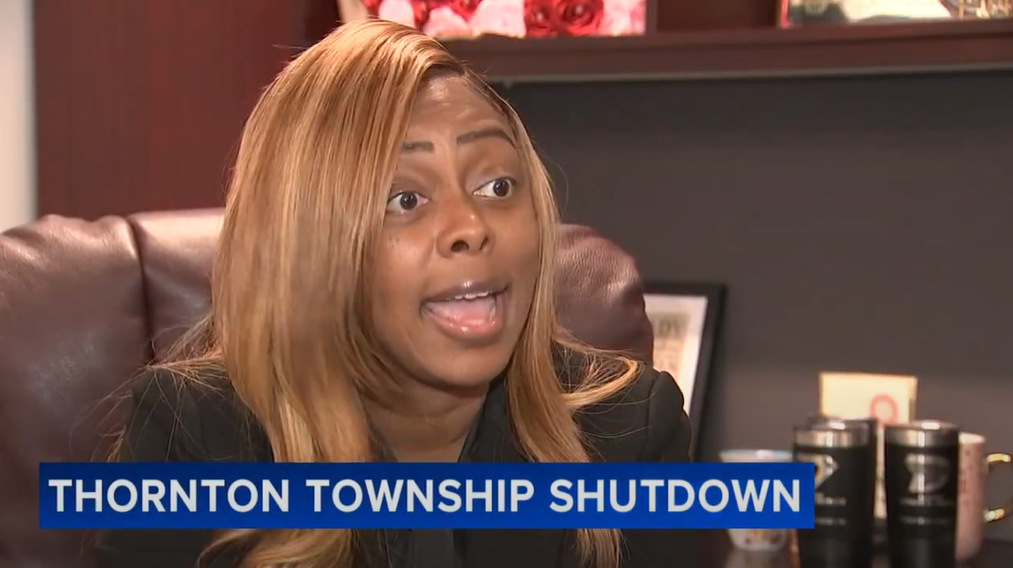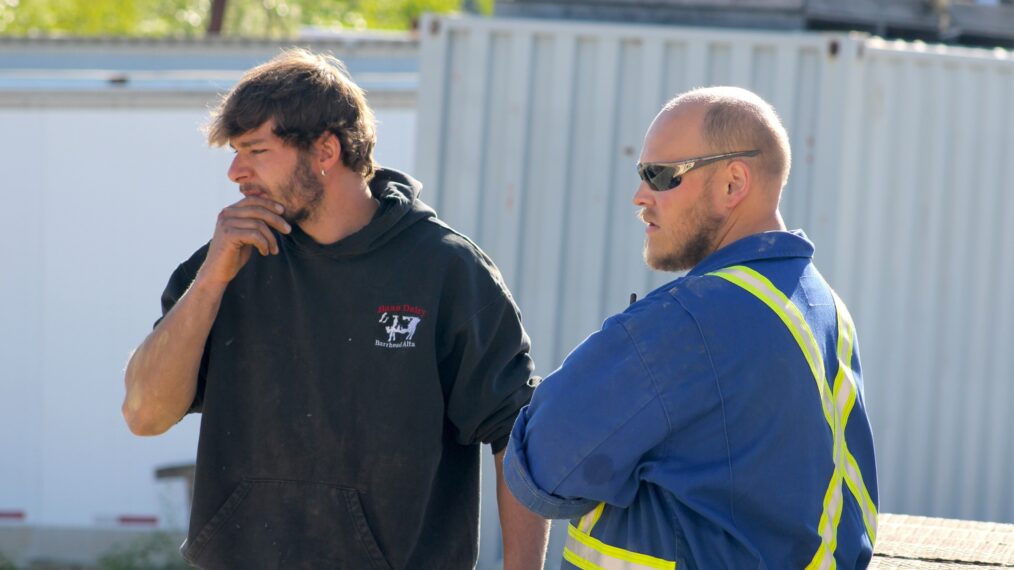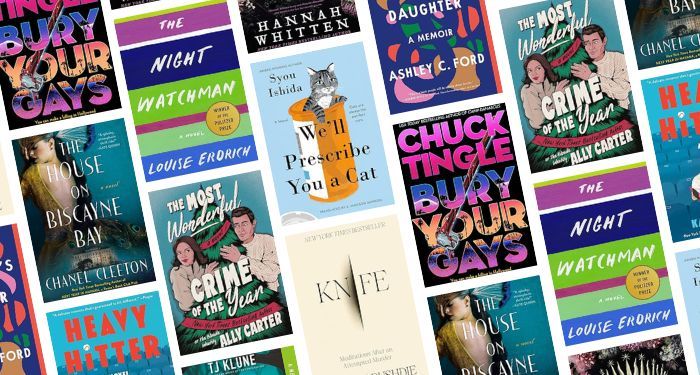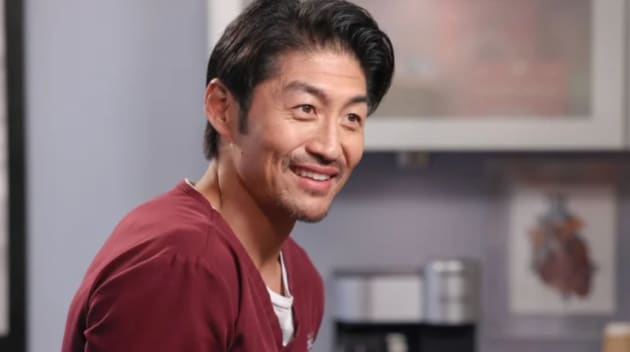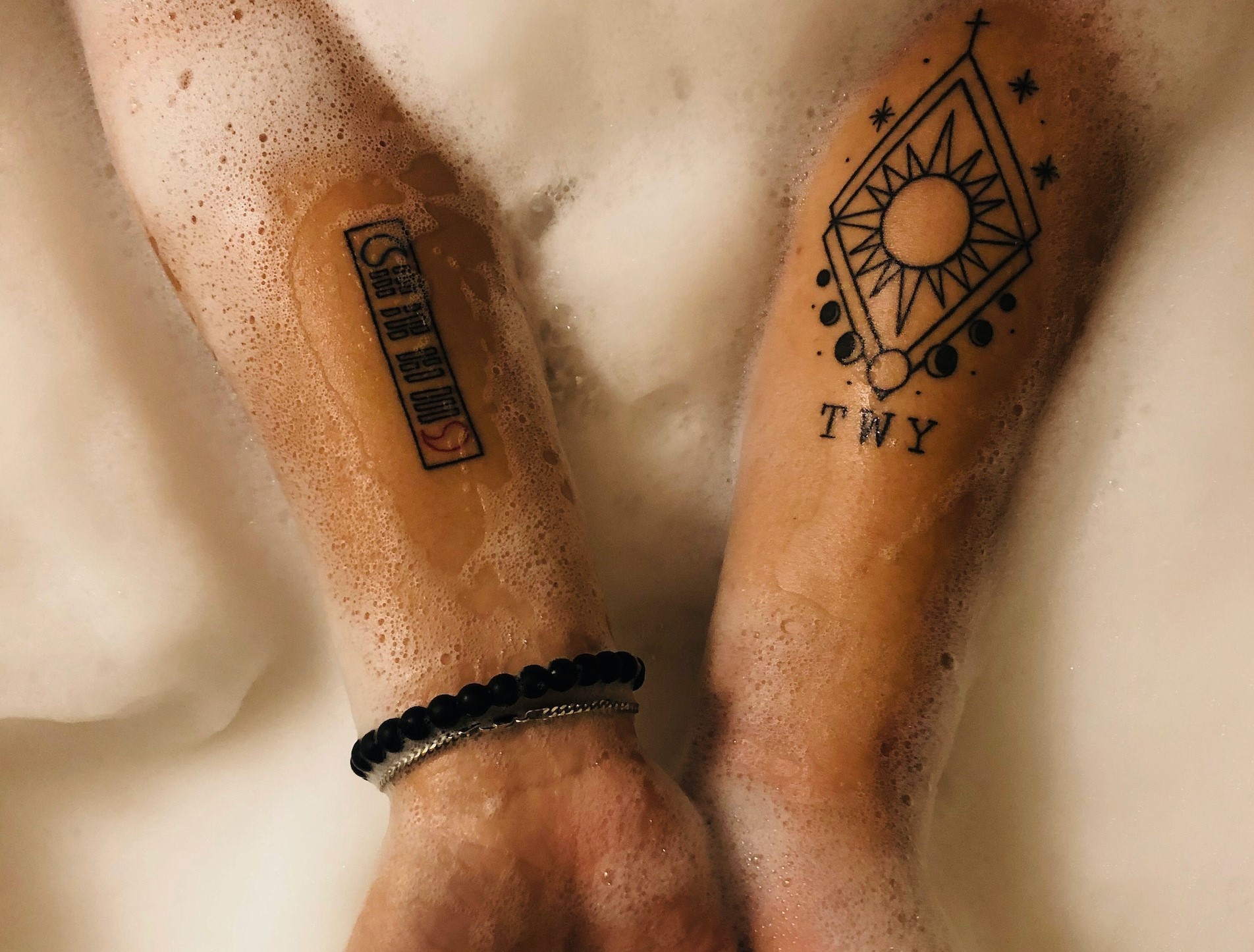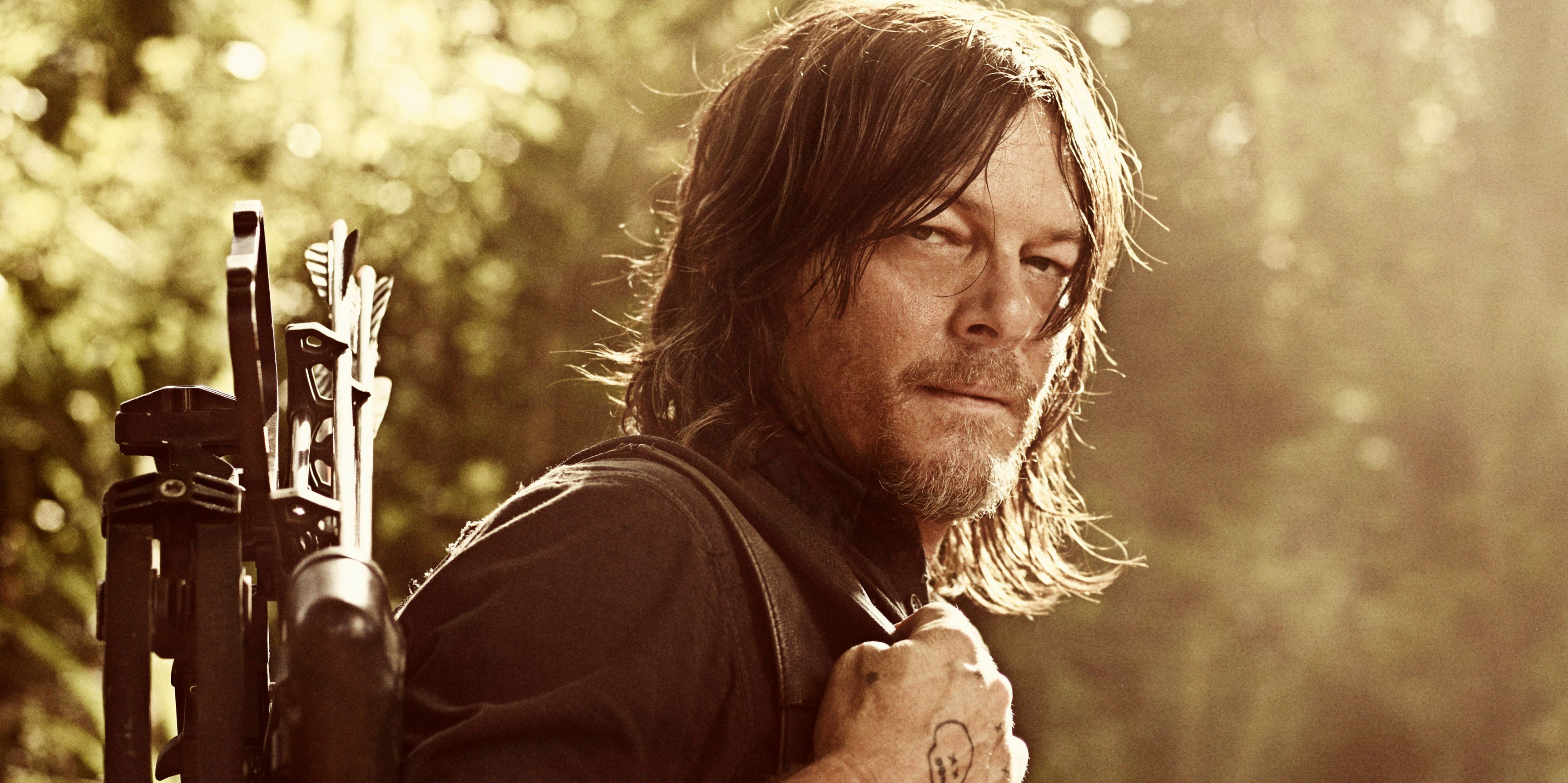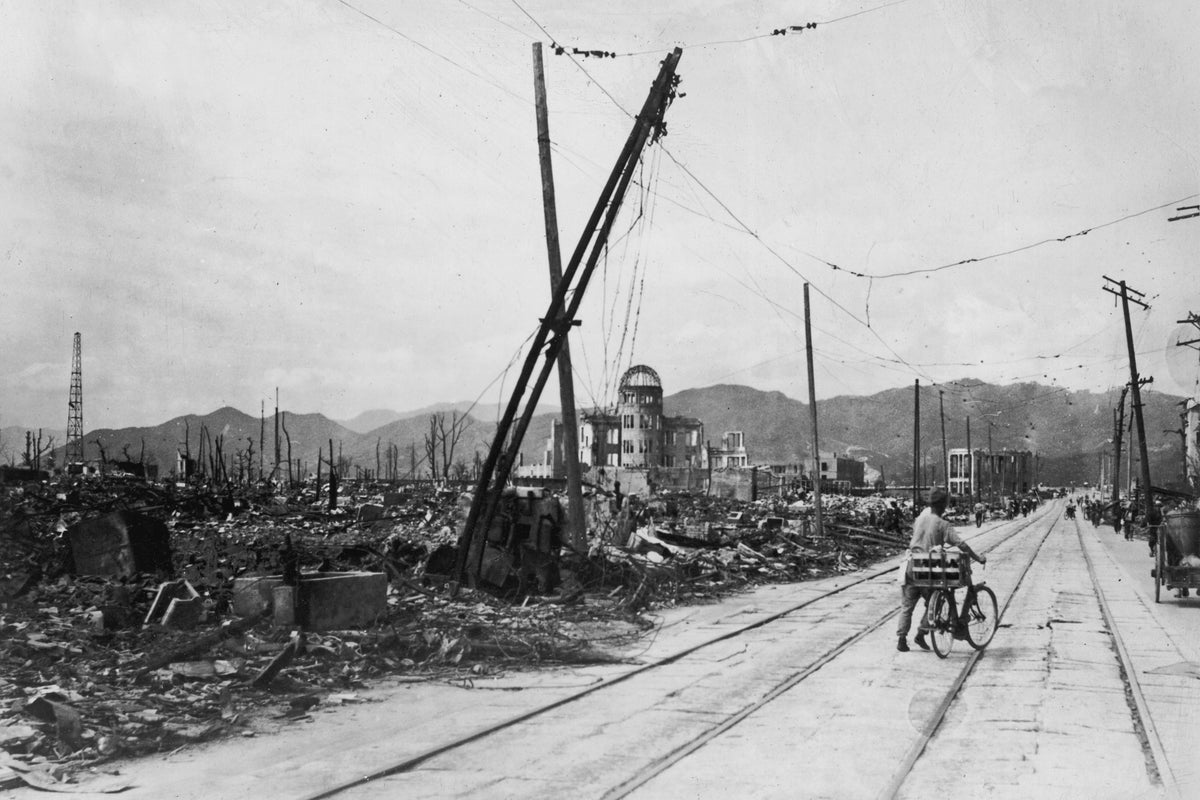Jacques Audiard returned to his stomping grounds at the Cannes Film Festival last weekend to present Emilia Perez, the French auteur’s 10th work and sixth in the main competition. The audience inside the Grand Lumiére Theatre responded with a 10-minute standing ovation after the world premiere of the film, described as a “bracingly original crime musical.”
Emilia Perez stars Zoe Saldaña as a frustrated lawyer, Selena Gomez as a drug lord’s wife, Édgar Ramírez as a dangerous love interest and Karla Sofía Gascón as the cartel kingpin who longs to escape a life of crime and become the woman he’s always dreamed of becoming. Most of the cast was in tears during the rousing standing ovation, and less than 24 hours later, The Hollywood Reporter sat down with three of them — Saldaña, Gomez and Gascón — to discuss the reception, how they landed their respective roles and what they hope audiences take from the film, which will reach a global audience after being acquired by Netflix.

Selena Gomez, Édgar Ramírez, Jacques Audiard and Zoe Saldana at the premiere, all in Saint Laurent.
Vittorio Zunino Celotto/Getty Images
How are you feeling after the world premiere? I know there were some tears …
Saldaña: We all cried. I was telling Selena that today there’s a sense of calm. Maybe because there was so much energy and adrenaline leading up to yesterday’s premiere with the positive reception, now I feel like I’m having an out of body experience.
Selena, how are you processing? You’ve been here before with a world premiere when you had the opening night film The Dead Don’t Die with Jim Jarmusch. Is it easier to come back a second time or were you more nervous because this is a big swing?
Gomez: I was very nervous because this is a project that is unlike anything I’ve ever done before. Even though I have such a small part, it’s such a big and special project that I feel so lucky that I was able to be a part of it. I felt better after the premiere, less nervous.
Karla, I hope you’re feeling the love today. You’ve been singled out in many reviews for having a standout performance. What was last night like for you?
Gascón: I tried to stop myself from crying. I saw everybody crying and I thought, that’s too much. They should stop crying. It’s a serious matter because people are going to buy popcorn and watch this film and they’ll choke. [Laughs] There’s something that should be done because that’s very dangerous.
Karla, you’ve said that this film is a feminist story and it does a lot for the trans movement. When you read the script, how did you process the themes as someone who has publicly transitioned? Were you apprehensive about diving into a story that reflected pieces of your personal journey? Or the role that required you to play Emilia but also the drug lord, Manitas, before she transitions?
Gascón: It was a fantastic gift that I was given. I don’t know what actor can dream of a better opportunity in a career to have such a journey and such a complex character to embody. From the very beginning that when I became an actor, I wouldn’t have dreamt of a better role than this. The part that I found most fun was to be Manitas. Of course, Emilia is closer to myself but what I like about the craft of acting is the playful aspect. I really enjoyed being Manitas, having to wear the makeup and play around with the masculinity. Being a man means being able to be more free in your body, in your movements. I think men are more restricted in their thinking but women are more free in their minds. But then, with your body, you have so many constraints to accept as a woman.
I was talking to my daughter and my wife, telling them that I’ve spent four days before the festival getting my nails and hair done, putting creams on my face, then when I got to the festival, I had to do it all over again. What’s the point of it? But that’s how it is. That’s what women are. It’s the obligation that you have. You always have to look perfect and you have to follow these rules, respect these codes and you don’t have that as a man. Jacques can come here, put on a hat and that’s all he needs to do. That’s why I loved being Manitas. I had to talk Jacques in to letting me play Manitas.

Karla Sofía Gascón at the Emilia Perez photo call on May 19, 2024.
Andreas Rentz/Getty Images
Zoe, what a surprise it was to be sitting in the theater and see you break out into song and dance in the beginning. I did not know it was a musical opera. How did Jacques explain his vision?
Saldaña: First of all, I auditioned. There were maybe three scenes that I needed to prepare and two songs that I needed to do. I’ve become the queen of self-sabotage, even though I never stopped dreaming. I’m 45. I feel like I’ve accomplished so many things, and yet I still go home feeling just hungry to do more. Sometimes those opportunities are not there because if you started out doing one thing and people think that you’ve mastered that field, you can’t really jump into another place.
When the audition came in, it was through Zoom. I took it even though I’m not Mexican. I didn’t know if I can sing or act in the way it required. I didn’t know I could do it but I had a decent conversation with a filmmaker who heard me, and I felt him. He was guiding me through it, and we read through a couple of scenes together, just him and I. I wasn’t sure I could follow with the songs because I’m a little tone deaf now that I’m older. He said I could do it however I wanted. I felt a connection with him and I felt it could go somewhere. When he asked me to be a part of his film, it was an opportunity for me to branch out and just showcase everything that I live with that I desire to continue accomplishing as an artist. It was so liberating.
Selena, I know you met with Jacques on Zoom and a year went by before you heard anything. You thought he had forgotten about you?
Gomez: Yes, we had an audition and [then I didn’t hear anything]. I acted insane in the audition. He wanted me to perform one of the numbers and I just surrendered and completely gave myself. I was, like, well, at least I could walk away and say that I did my best. When he asked me to be a part of it, I was so nervous but also so excited.
I read that Jacques was only familiar with your work in Spring Breakers, a performance that I thought about while watching Emilia Perez. You seem so uninhibited in your choices — and you sing in the movie. Can you talk about your choices and what type of material you are drawn to?
Gomez: I have spent a lot of my life trying to break the mold and the perception of who I am. However, I don’t mind it because I don’t pay attention to it. Jacques, who really didn’t know anything about me, took a chance and believed in me simply based on what I was able to do, and that was really special for me. I think this is a really big deal, and I choose projects according to the filmmaker, to the content, to the meaning, all of it.

Selena Gomez in Emilia Perez.
PAGE 114 – WHY NOT PRODUCTIONS – PATHÉ FILMS – FRANCE 2 CINÉMA – SAINT LAURENT PRODUCTIONS/Shanna Besson.Cannes; Film Festival
There are a lot of themes to pull from here — it’s about transgender identity, freedom, what it means to be undervalued, the plight of Mexico, liberation, redemption, etc. — what do you hope audiences take from the movie?
Saldaña: Everything that you listed. I’m going to keep hoping that people walk away with compassion. We have a very narrow idea of who is privileged to be redeemed or that redemption only belongs to a certain type of individual or people. Jacques showed us one of the most dangerous characters who was also in a prison in his own body, in his own world. He walks you through a journey where he’s seeking his own redemption, he becomes a she. They’re seeking their own redemption. You’re there, you’re rooting for them. You almost think they’re going to get away with it. I would just ask to be open, have your heart open, your mind open and allow yourself to go for a ride.
Selena?
Gomez: Oh, genuinely everything that she said. Zoe answers everything so well that I’m like, “Absolutely.” I hope for the same. We don’t focus on one specific theme, we let it be natural and just become a story and that’s how it should be.
Saint Laurent and Anthony Vaccarello played a big part in the film with Saint Laurent Productions, which has three films in competition here. I know they dressed you all for the premiere. What was it like to collaborate with Anthony on the costumes for the film or this experience in general?
Saldaña: Talk about transition for a designer, an artist who, in his own strong and powerful right, had a yearning to explore his medium through cinema, and to have the support of the Kering group. It lets you know that anything is possible if you have the passion. He has great taste. Look at his designs for men and women. Why not allow Anthony to curate the kinds of projects that he wants to lend his voice, his name and his talents designing for Saint Laurent as a way to amplify strong and amazing stories? More power to him.
Karla, where do you go from here? What do you hope this film does for your career?
Gascón: I hope to go to my house and to see my cat. It’s strange but sometimes we need to remain calm and let things be. Obviously, I want to work with more directors like Jacques but I am conscious that it’s very difficult to find more roles like this. I don’t know what will happen with me tomorrow, or in one month. I do have an intuition that my career now may turn more to America or United States. But I don’t know. I really don’t know what’s going to happen to me. I have some favorite directors that I love to work with in my own country in Spain, Pedro Almodóvar, or in the States, Quentin Tarantino. Of course, there are others from other times like George Lucas or Steven Spielberg that there are many of them. So I just don’t know. I’m just open to whatever comes.
How has this experienced influenced you as an artist and what you hope to do next?
Gomez: It has genuinely moved me. It has allowed me to go places I never thought I could go to. I was just willing to go to these places with Jacques and this crew. It was so special.
Saldaña: I would love to continue working and continue growing as an artist by challenging myself. I would love for any interesting filmmakers to want to take a chance and take a leap of faith with me and believe in me. I don’t know everything about myself yet but I know that I’m an ongoing work in progress. I know that when I am trusted with something and I truly believe in it, I give it my all until the end. If I fail, my mom always taught me, just fail forward. You’re going to fail. Just fail forward. I’m a true believer in that. I just want to continue making films and working with film directors that I truly, truly look up to.

Zoë Saldaña in Emilia Perez.
PAGE 114 – WHY NOT PRODUCTIONS – PATHÉ FILMS – FRANCE 2 CINÉMA – SAINT LAURENT PRODUCTIONS/Shanna Besson; Cannes Film Festival





